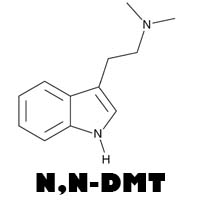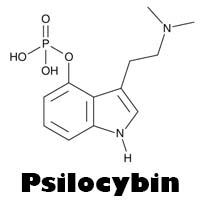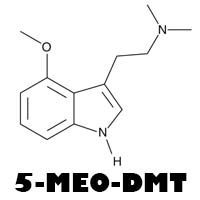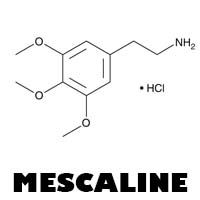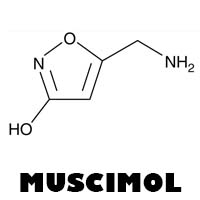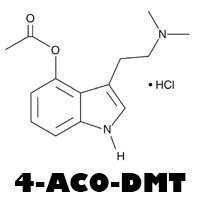PTSD and Psychedelic Therapy: What You Need to Know
Post-traumatic stress disorder (PTSD) is a debilitating condition that affects millions of people worldwide. Traditional treatments, such as therapy and medication, do not work for everyone, leading researchers to explore alternative options like psychedelic therapy. In this blog post, we'll cover what you need to know about using psychedelics to treat PTSD.
Understanding PTSD
PTSD is a mental health condition triggered by experiencing or witnessing a traumatic event. Symptoms include flashbacks, nightmares, severe anxiety, and uncontrollable thoughts about the event. These symptoms can significantly impair daily functioning and quality of life.
How Psychedelic Therapy Works
Psychedelic therapy involves the use of substances like MDMA, psilocybin, and LSD in a controlled therapeutic setting. These substances can facilitate emotional processing and reduce the severity of PTSD symptoms.
MDMA-Assisted Therapy
MDMA, commonly known as Ecstasy, has shown the most promise in treating PTSD. It helps patients process traumatic memories without the overwhelming fear and anxiety usually associated with them.
1. Clinical Trials and Results
Clinical trials conducted by organizations like MAPS (Multidisciplinary Association for Psychedelic Studies) have demonstrated significant reductions in PTSD symptoms following MDMA-assisted therapy. Many participants experience lasting improvements even after the therapy sessions end.
2. Mechanism of Action
MDMA promotes the release of serotonin, dopamine, and oxytocin, which can create feelings of well-being and trust. This biochemical environment allows patients to confront and process traumatic memories more effectively.
Psilocybin and PTSD
Psilocybin, the active compound in magic mushrooms, is also being studied for its potential to treat PTSD. It can help patients achieve a state of introspection and emotional release, which may alleviate PTSD symptoms.
3. Therapeutic Sessions
Psilocybin-assisted therapy involves guided sessions where patients consume psilocybin in a safe and controlled environment. Therapists help patients navigate their experiences and integrate insights gained during the session.
LSD and PTSD
Although research on LSD for PTSD is less extensive, early studies suggest it may help reduce symptoms by facilitating deep emotional processing and perspective shifts.
Challenges and Considerations
While psychedelic therapy shows promise, it is not without challenges. Legal and regulatory barriers, as well as the need for professional guidance and a supportive environment, are important considerations.
4. Safety and Supervision
Psychedelic therapy should always be conducted under the supervision of trained professionals. This ensures the safety and well-being of the patient and helps maximize the therapeutic benefits.
Integration and Long-Term Benefits
The benefits of psychedelic therapy often extend beyond the immediate experience. Integration, which involves reflecting on and incorporating insights from the psychedelic experience, is crucial for long-term improvements in PTSD symptoms.
5. Continued Support
Ongoing support from therapists, support groups, or other mental health professionals is essential for maintaining the gains made during psychedelic therapy. This support can help patients develop new coping strategies and sustain their progress.
Conclusion
Psychedelic therapy offers a promising new approach to treating PTSD. By facilitating emotional processing and reducing fear and anxiety, substances like MDMA, psilocybin, and LSD can help patients achieve lasting relief from PTSD symptoms. As research continues and legal barriers are addressed, psychedelic therapy may become an increasingly accessible and effective treatment option for those suffering from PTSD.
Suggested Images for the Blog Post
- Understanding PTSD: Infographics explaining PTSD symptoms and triggers.
- Psychedelic Therapy: Images depicting therapeutic settings and sessions involving psychedelics.
- MDMA-Assisted Therapy: Photos from MDMA-assisted therapy clinical trials.
- Psilocybin Therapy: Images of psilocybin mushrooms and therapy sessions.
- Safety and Supervision: Illustrations of supervised psychedelic therapy sessions.
- Integration Support: Photos of therapy and support group meetings focused on integrating psychedelic experiences.
